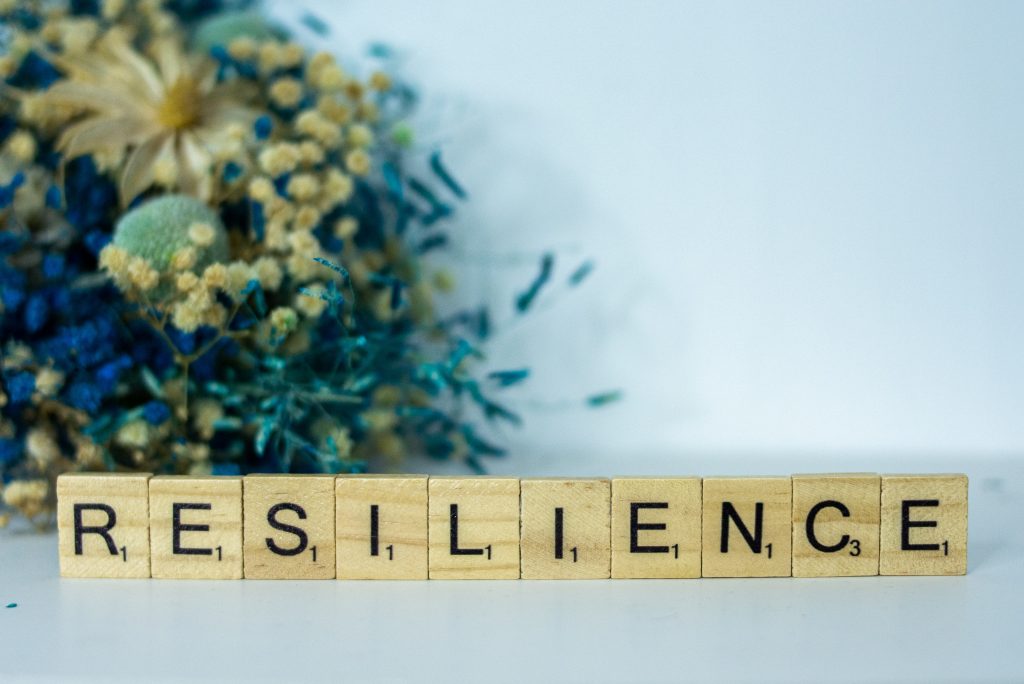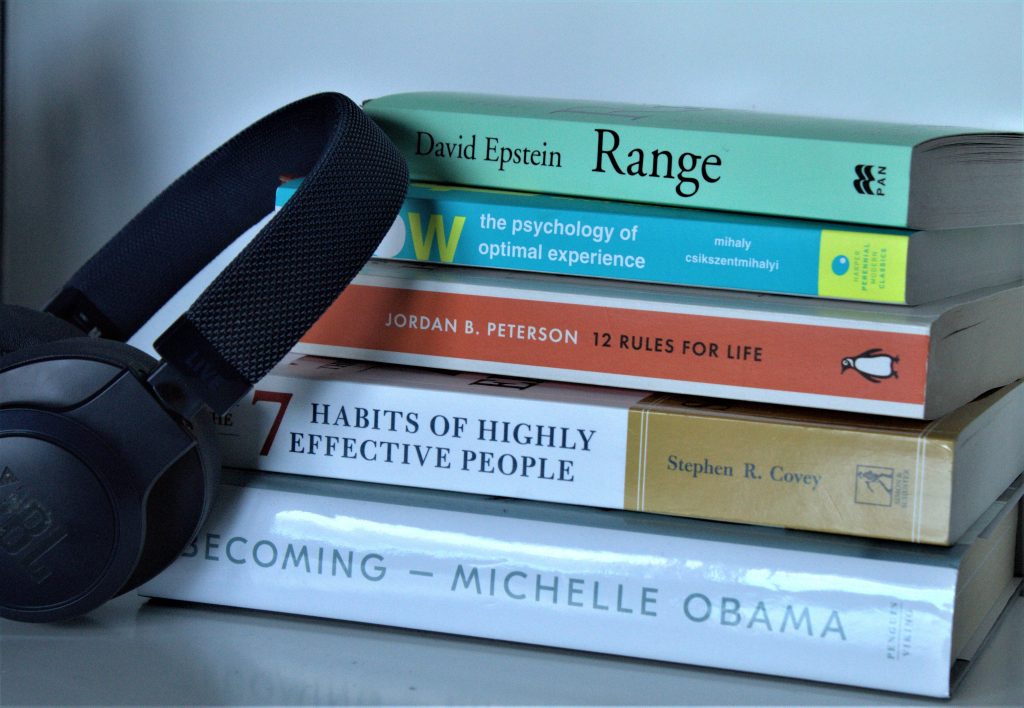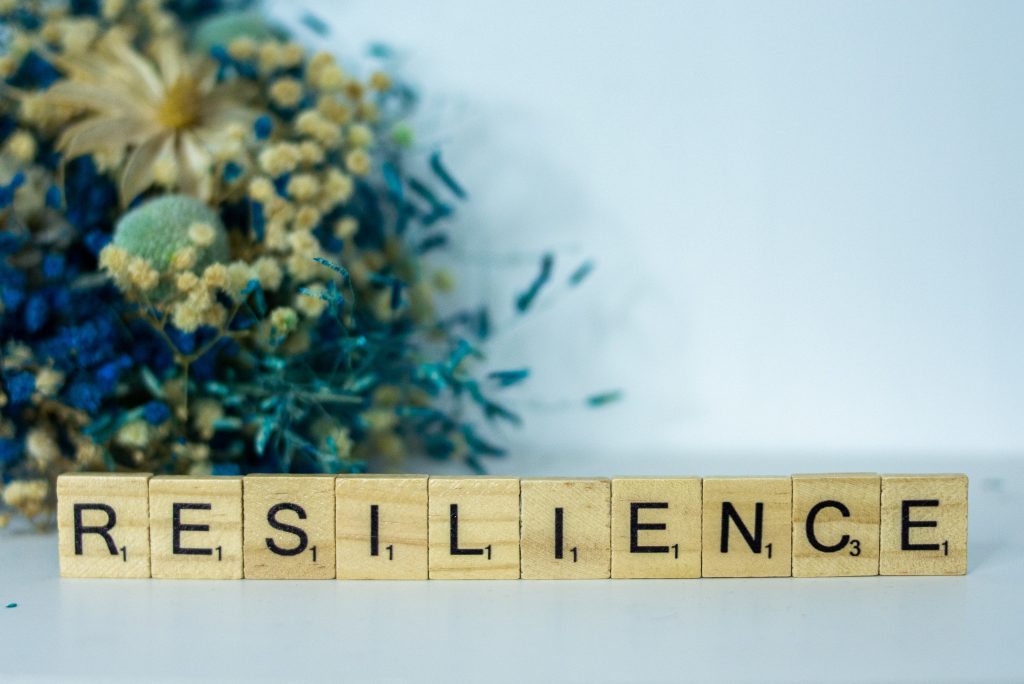In today’s fast-paced world, it’s easy to get caught up in the hustle and bustle of everyday life. We often forget to take a step back and appreciate the present moment. This is especially true when it comes to our relationships with others. Many of us tend to take our loved ones for granted, assuming that they will always be there for us no matter what.

However, practicing mindfulness in our relationships can help us deepen our connections with others and create more fulfilling and satisfying relationships. Mindfulness involves being present and fully engaged in the moment, without judgment or distraction. By applying this mindset to our relationships, we can develop greater empathy, compassion, and understanding for our partners.
One of the key benefits of practicing mindfulness in our relationships is the ability to deepen emotional intimacy and trust. When we are fully present and engaged with our partners, we can better understand their needs, feelings, and experiences. This can help us develop a greater sense of empathy and compassion for them, which in turn can foster greater emotional intimacy and trust.
For example, imagine that your partner is upset about something that happened at work. If you are not mindful in your response, you may brush off their feelings or try to fix the problem without truly understanding how they feel. However, if you approach the situation with mindfulness, you may take a few deep breaths and focus on truly listening to your partner. By doing so, you may be able to better understand their perspective and offer them the support and validation they need to feel heard and understood.
Practicing mindfulness in our relationships can also help us communicate more effectively. When we are fully present and engaged, we are better able to listen to our partner’s needs and communicate our own in a clear and constructive way. This can help us avoid misunderstandings and conflicts, which can be detrimental to our relationships.
Practicing mindfulness in our relationships can also help us communicate more effectively.
For example, imagine that you and your partner are discussing a sensitive topic. If you are not mindful in your communication, you may become defensive or shut down when your partner shares their perspective. However, if you approach the conversation with mindfulness, you may take a few deep breaths and focus on actively listening to your partner’s point of view. By doing so, you may be able to communicate your own perspective in a way that is clear and respectful, fostering greater understanding and cooperation.
Lastly, practicing mindfulness in our relationships can help us resolve conflicts in a healthy and constructive way. When we are fully present and engaged, we can better understand our own emotions and reactions, as well as those of our partner. This can help us approach conflicts with greater empathy and compassion, rather than defensiveness or aggression.
For example, imagine that you and your partner are in the middle of an argument. If you are not mindful in your approach, you may become defensive or escalate the conflict. However, if you approach the situation with mindfulness, you may take a few deep breaths and focus on acknowledging your own emotions and reactions. By doing so, you may be able to approach the conflict with greater empathy and understanding, leading to a more constructive and satisfying resolution.
In essence, practicing mindfulness in our relationships can help us create more fulfilling and satisfying connections with our loved ones. By being fully present and engaged in the moment, we can deepen our understanding of our partner’s needs, feelings, and experiences. This can lead to greater empathy and compassion, which can enhance our emotional intimacy and trust.
Practicing mindfulness in our relationships can also help us communicate more effectively and resolve conflicts in a healthy and constructive way. By prioritizing mindfulness in our relationships, we can cultivate more meaningful and rewarding connections with our loved ones.











